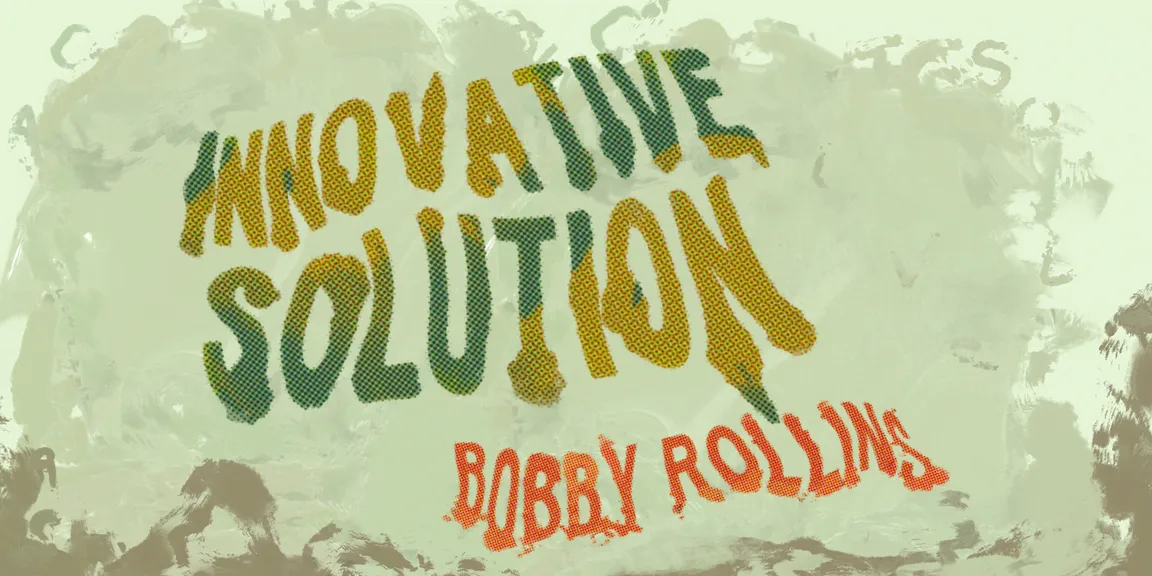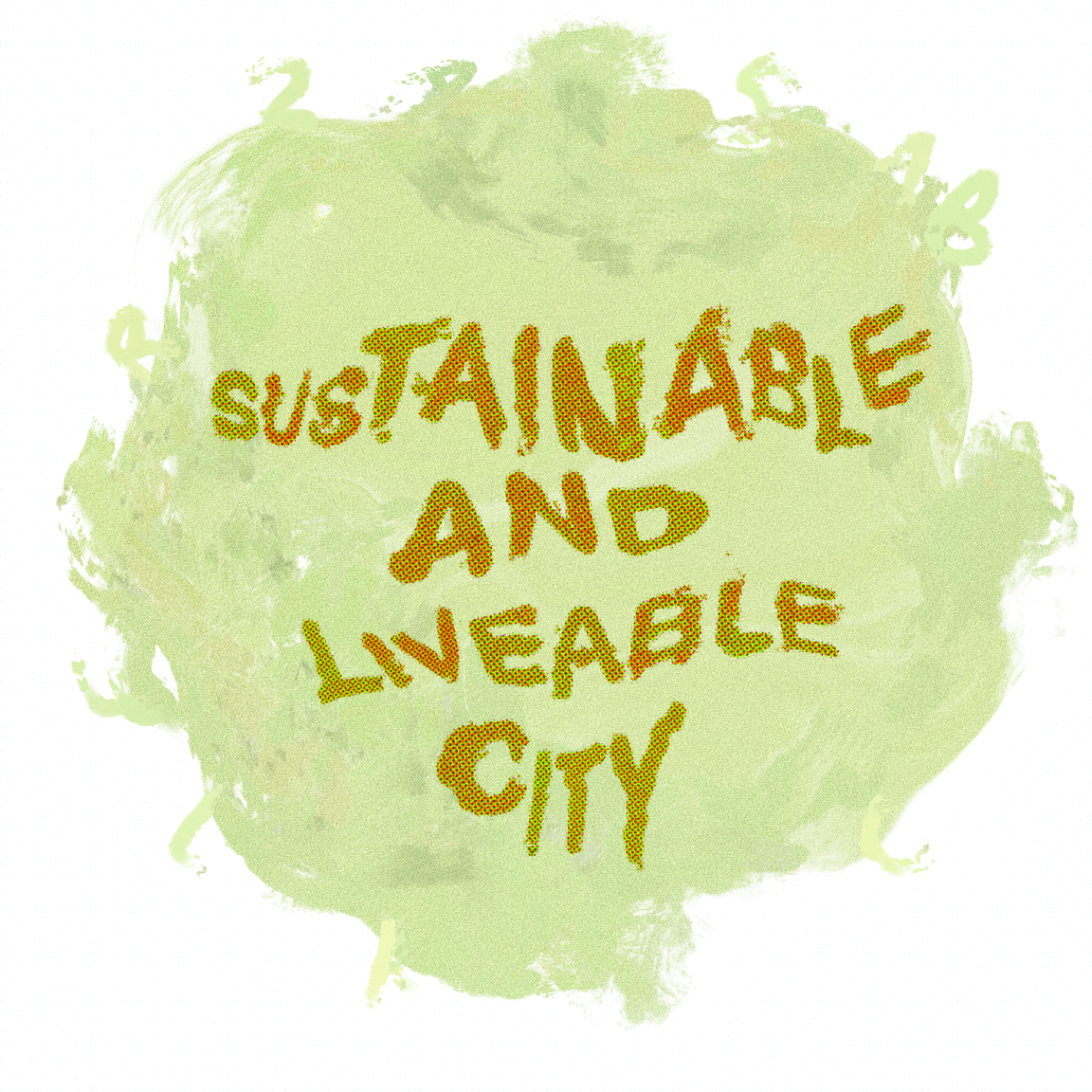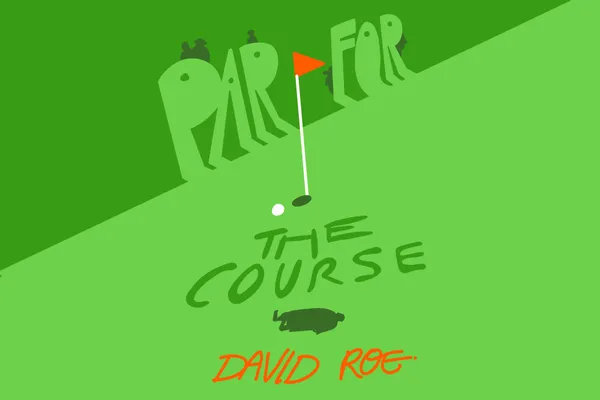
🪱 On the way to forever
by Ramona Gore
by Bobby Rollins

“Damn it, Rollins! It smells like arse in here!” the conference centre manager barked at me, after storming through the swinging wooden doors into the hall where I was waiting for him.
“Yessir, it does.” I agreed, with a hint of sad resignation in my voice. “In fact, that’s exactly what I wanted to talk to you about.” I continued, as I noticed a large bead of sweat rolling down his wrinkled brow.
“I hired you for one reason, Rollins, and that’s to kill the smell in this place after an event!” he told me, “When clients are finished here, it shouldn’t smell like it does now!”
“Yessir, you’re correct,” I concurred, “and I’ve always counted myself among the lucky as an employee in your service. I don’t have a single complaint about your payment practices, nor do I have any about the payer.” I added with a warm smile.
“Then why, my dear Rollins,” he asked in a monotone that had begun kindling with impatience, “does this hall, the very one I’m paying you to remediate, smell so strongly like the devil’s backside?”
“It gives me no joy to tell you sir, but I fear the cause of it all may be room over-use,” I said, trying to prepare him for the sentence that was to follow, “and if that’s the case, even with all of my experience and previous service, I’m not sure there’ll be anything I can do.”
“But it’s high season now, Rollins,” he explained after a pause, “and the centre is in no position to turn business away. We’re expecting 300 people to fill the place tomorrow night. If it smells like it does now, we’re going to have a riot!”
“Yessir, you might.” I nodded, “A riot is a very reasonable forecast if you’re planning on having 300 souls sitting shoulder to shoulder in a room scented such as this one. But to be honest, sir, I don’t understand how it happened. As long as my guidance of hosting no more than one event per week was followed, the hall really shouldn’t be in this advanced stage of deterioration.”
“We’re running a business here, Rollins!” he replied, emphasizing each word as if I were a child, “and with the city elections coming up next month, business, for the first time in a long time, has been good. All we did was host a series of all-candidate debates for the mayor and council wannabes this week.”
“Good God, sir!” I snapped, overcome by both irritation and a sense of doom. “You did what with who?”
“What’s the big deal, Rollins?” He asked. “They pay on time, and that’s what keeps a conference centre running! We had mayoral candidate debates here on Tuesday and Sunday, and the councillors’ debate was on the Thursday in between.”
“Have you gone mad?” I asked him, in disbelief. “You had all of that happen in the same hall in the same week? That’s pure negligence! In fact, it’s abject cruelty! Not even the newest of halls can handle that sort of volume and capacity! Of course, it stinks like the devil’s rump! You can’t expose a room to all of that without consequence! What on earth were you thinking?”
“I was thinking about doing my job, Rollins,” he said matter-of-factly, “You know, the one the conference centre pays me to do, much of which involves me booking and filling these rooms with, you know, conferences! Now, if you could kindly turn your mind to sanitizing, we should be able to deodorize this stink-pit in time for tomorrow night.”
“I’m only trying to tell you the straight goods, sir.” I said softly, “There’s no way we can get rid of the stench. It’s impossible. The damage is beyond repair. Too much of the stink has been splattered around. It’s been absorbed in the carpet and soaked into the walls. There’s no getting it out. It smells like arse in here for a reason, sir. The place is overflowing with rot.”
“But surely, you can do something, Rollins,” he pleaded. “You’ve always managed to take care of this sort of thing in the past. I’ll pay you extra! I know you can get rid of the smell. I need you to, now more than ever! Please, don’t let me down.”
“It’s probably easier if I just show you the extent of the damage, sir,” I said without a trace of emotion, placing my hand on his elbow to guide him, “but trust me, as we move closer to the front of the room, you’ll need one of these.” I continued, handing him a gas mask. “The potency of the decay gets much stronger the closer you get to the stage.
“The fact is, conference halls like this have become real-life vomitoriums.” I continued as we began our steps down the aisle towards the podium. “The only difference is, today, it’s got nothing to do with food, and everything to do with words. These halls get force-fed so many indigestible slogans and speeches that they are eventually filled to the brim, ready to burst, and when that very fragile, but very real threshold is crossed, the rooms—simply put—spill the lot. What I’m trying to tell you, sir, is the rancid air we’re smelling is the scent of the conference room’s vomit. It simply couldn’t hold all of those impossible-to-stomach words in for a moment longer.”
“What on earth are you on about, Rollins?” the manager asked me, with a sense of clear disbelief. “It’s a room! It doesn’t have a mouth, and it doesn’t have a stomach!”
“Not one like yours or mine,” I agreed, “but believe me when I say every room has a stomach, sir. Every room has a soul, too.”
“You make no sense, Rollins!” he barked. “You’re telling me that rooms have body parts and a spirit, and furthermore, it’s the words that have been spoken in this room that caused this stench?”
“Yessir, I am,” I answered. “Not necessarily all of the words, mind you, just those too vacuous for the room to digest. When these words were used in the past, they had a much clearer meaning and understood value, so the rooms could digest them easily, but these days, there are so many deliberately empty phrases, promises, mantras, and mottos repeated to such excess that many of the words have lost all of their meaning. If you think about it, we’ve never had so many different synonyms for “nothing” as we do right now.”
“Strewth! The smell is getting stronger,” the manager said, with a pained expression growing on his face. “I don’t care to go much further, to be honest. What is it that you’re trying to show me anyway?”
“Just a few more steps if you don’t mind, sir.” I urged him on, with my hand returning to his elbow. “It will all begin to make sense once we reach the back row.” I continued with a flick of my chin as I gestured towards the chairs in front of us. “In fact, you can almost see the beginnings of it from here.”
“I need to put this mask on before I go any further, Rollins,” he said, placing it over his face. “Good heavens, the smell is absolutely rank!”
“Yessir, it is.” I agreed while directing his gaze towards the carpeted floor in front of us. “Have a look here, sir.” I continued, “Can you see that? It’s a mix between a puddle and a stain, but it doesn’t matter what I do, whatever it is, it’s only growing, and I can’t get the smell out.”
“It might be just me, or maybe it’s this bloody mask, but that puddle looks like it’s in the shape of letters!” he said, sounding eerily godly or devilish as it came through the mask’s filter. “What does it say?”
“You have a good eye, sir,” I replied. “This puddle was formed from some of the first words the room couldn’t digest, and if you look closer, you’ll see innovative solutions bubbling in the centre of it. You can make out each letter clearly, even the dots on the i’s are there.”
“By God, you’re right. But what is it doing in a pile of vomit on the floor?” he asked incredulously. “And why does it smell so bloody awful?”
“Please don’t blame the words, sir,” I said calmly, “It’s really no more their fault than it is the room’s. They have to go somewhere once they’re said,” I explained, “and to be honest, I feel for the poor buggars. It must be hard to be tossed around so carelessly—indigestible as they are—and besides, once they’ve been spoken here, there really is no place for them to go.”
Looking at him—even though there was a mask between us—I could tell he was stunned.

“Do you understand now, sir?” I tried to help him along the path to comprehension. “These words used to have meaning, and I suppose, individually and in the dictionary, they still do. And as long as they’re used in that context, when they’re spoken there’s no problem, the room can absorb and digest them smoothly, and the people using the space are none the wiser.”
He didn’t nod, say a word, or make a move, but I could tell he was listening.
“The trouble begins when the words are over-used to the point they begin to saturate the space they’re spoken,” I added, “and when the rooms can’t handle the sheer volume of the intentionally meaningless phrases, those letters begin to gather and fester until they eventually overpower the room’s digestive abilities, and much like a toxin in our stomach, they’re rejected, and barfed out.”
“I still don’t understand why we can’t get rid of the mess?” he asked, beginning to process the extent of the problem. “Why can’t we just use a wet-vac or some cleaning products to neutralize the smell?”
“There’s no removing it, sir. Scoop as much of it as you like; the puddle remains. I can usually do something to aid the room in its digestion,” I continued to explain, “For example, I can add meaning to some of the stuck words to help the room break them down, or sometimes I can mix in a few phrases to serve as an acid toward some of the more vacant words. In other cases, I can use some selected verbs that have an alkaline effect on those bubbling phrases of rot, but in this case, nothing I do is helping. It is too far gone, and it’s not just innovative solutions I have to worry about either. The vomitorium is full! Go in any direction you like and you’ll find more of the same. Take a few steps ahead and look under some of the chairs. Social wellbeing is a few rows in front of us, and vibrant neighbourhoods is but 20 paces to the left. You’ll spot resilient communities on the wall over there, and collaborative culture in the centre of the aisle, halfway to the stage. I can’t get rid of the stink coming from a single one of them. Each phrase has been misused within these walls so frequently that the room is spewing them out.”
“All right, just tell me the worst of it, Rollins,” he said in a tone that was slowly coming to terms with the situation. “How long before this hall can be rented out again?”
“The prognosis for bookings is not at all good, sir,” I said firmly. “If you can manage to reach the stage, you’ll find the heartbeat of the stench—a massive puddle of sustainable and liveable city that is stronger than us all. In truth, all the puddles in this room are growing—and quickly at that. Most have doubled in size and stink since I arrived an hour ago. Best I can tell, the room hasn’t even fully emptied itself of words yet. The real trouble, though, is these puddles are becoming toxically acidic, and have—in a fit of perhaps poetic vengeance—begun to digest the room and all its contents. You can see the carpet’s gone around the puddles on the floor; in some places, the decay has already rotted everything down to the foundation. I don’t know how to tell you this, sir, but everything in this hall is going to disappear. The room’s vomit will consume it all. I don’t think it can be saved, and to be clear, I don’t think it can be stopped either.”
“What the hell do you mean?” he growled.
“Well, sir,” I continued unemotionally, pointing to the largest puddle as it dripped down the stage, which in places had already begun to disappear, “I’d estimate you have seven to ten hours before the room, and the conference hall itself, will simply be no more. The puddles of word-vomit will have had their full revenge and digested everything by then; and I mean everything we see in front of us. The carpet, the tables and chairs, the entire physical structure of the room, and the conference centre itself will all disappear, as will any objects, and for that matter, people, left inside.”
“But I’ll call the fire department and the hazmat team,” he suggested with disappearing hope.
“They can’t help what they can’t understand, sir,” I assured him. “It’s too late. The room is dying now. It can’t be saved.”
“And what will be left of it afterwards?” he asked with a genuine sense of wonder.
“My guess is it will eventually get back to being nothing, sir,” I told him, “But it will be the kind of nothing that has meaning, and offers grace, quiet, and comfort to those who experience it. In other words, it will be the right kind of nothing. As long as the space is left in peace, and we don’t try to fill it with more indigestible words, everything will be fine. We have to let things take their natural course of recovery, and we can’t interfere with this space any further. We have to let the nothing heal, sir. We’ve caused it far too much harm, for far too long, as it is.”
This week’s ad slot was purchased by friend of Foofaraw, Evan Passero, in support of the Denton Community Food Center—providing emergency food assistance from a central community storehouse to needy families and individuals in the City of Denton and Northern Denton County struggling with hunger insecurity.
Foofaraw will match up to $300 in donations to DIFFA Dallas, Elevated Access, and Denton Community Food Center through the remainder of 2025.


